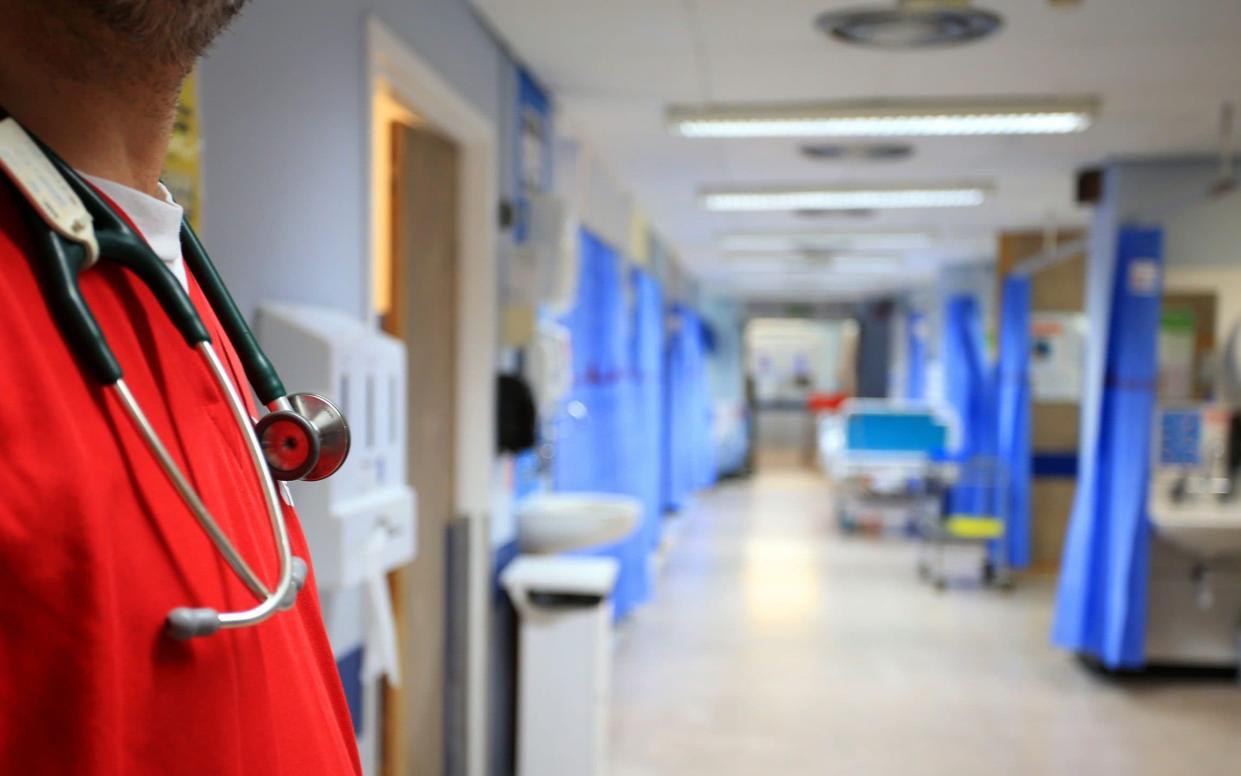'Difficult if not impossible' to check safety of NHS cancer screening programmes amid litany of failings, expert warns

Britain's cancer screening programmes are lagging behind the rest of the world because it is not even clear who is in charge of them, a damning review warns.
Sir Mike Richards was asked to examine the system following a series of scandals and decline in uptake of checks for breast, bowel and cervical disease.
The former cancer tsar highlights a litany of failings in the running of the programmes, concluding that its IT is so poor that it is “difficult, if not impossible” to monitor their safety.
His interim report calls for radical changes to boost uptake of tests by making them more convenient - including online booking, out of hours appointments and checks near workplaces.
But Sir Mike suggested the failings are more fundamental, warning that a “long-term slow decline” in take-up of screening has gone unchecked because there is no clarity about which organisation is responsible.
And he said many aspects of the current systems are “no longer fit for purpose”. Uptake of smear tests is the lowest in 21 years, while take up of mammograms is the lowest for a decade. In both cases, around one in three eligible women are missing out on checks.
The national review follows an inquiry which found almost half a million women were forced to endure needless anxiety about cancer blunders which actually affected around 5,000.
Last year then Health Secretary Jeremy Hunt told the Commons that a mistake by the national cancer programme meant around 450,000 women had missed out on checks, but it took months for officials to establish that the accurate figures were likely to be far lower.
Separate blunders saw nearly 50,000 women miss results and screening reminders for cervical cancer. Sir Mike said his review found confusion about who is even responsible for the systems, which was fuelling significant delays making any improvements.
“Many people have asked me ‘who is in charge of cancer screening?’. The answer is not obvious,” he said, describing “suboptimal” communication between numerous committees of Public Health England and NHS England, leading to duplication and confusion.
“This includes the key issue of delays in implementation, where the UK is lagging behind other countries when it comes to how quickly we mobilise ourselves to implement advances in screening programmes," he said.

Sir Mike will recommend changes to clarify who has responsibility for the programmes in his final report later this year. His review found long delays introducing promised changes. A new system of bowel checks, promised in 2011, had been offered to less than half of those eligible by September of last year.
In 2015, the Government promised to move to a new more effective system of cervical screening, which checks for the presence of HPV.
But four years on, the system has yet to be introduced. Sir Mike raised particular concern about poor take-up of cervical and breast cancer checks, urging officials to find new ways to target those eligible.
“This long-term slow decline can be halted and importantly, should be reversed,” he said. “People live increasingly busy lives and we need to make having a screening appointment as simple and convenient as booking a plane ticket online.”

 Yahoo News
Yahoo News 
